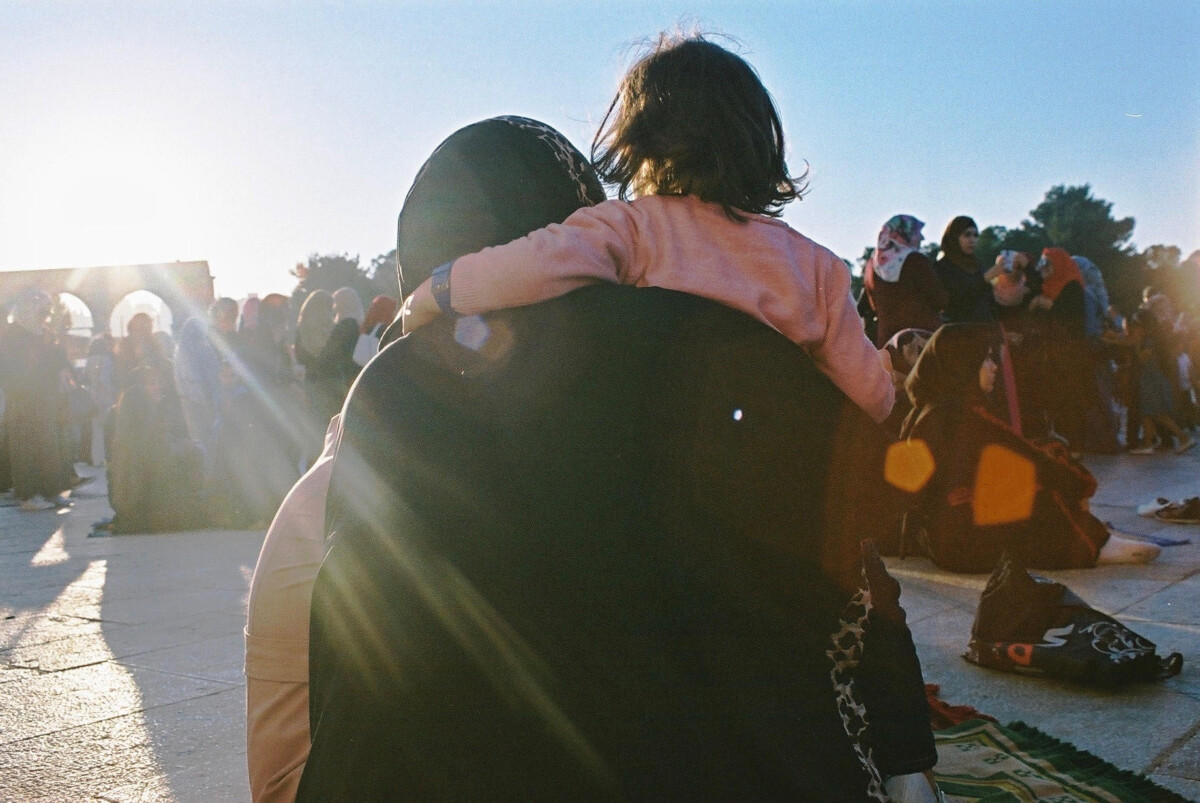An introduction to Muslim giving in the UK
The Muslim community’s value to Britain’s GDP is in excess of £31 billion, and worldwide in excess of $2.1 trillion. Furthermore, when it comes to charitable causes, the Muslim community donates over £500 million to causes around the world, including the UK.
In the month of Ramadan alone, Muslims last year gave an average of £38 per second. Volunteering amongst young people in the Muslim community is on the increase.
Charity in Islam
The Five Pillars of Islam are the obligations that every Muslim must satisfy in order to live a good and responsible life according to Islam. These pillars strengthen the faith and character of the individual and community:
Advertisement
- Shahadah: sincerely reciting the Muslim profession of faith
- Salah: performing ritual prayers in the proper way five times each day
- Zakat: paying an alms (or charity) tax to benefit the poor and the needy
- Sawm: fasting during the month of Ramadan
- Hajj: pilgrimage to Mecca
Carrying out these obligations provides the framework of a Muslim’s life, and weaves their everyday activities and their beliefs into a single cloth of religious devotion.
No matter how sincerely a person may believe, Islam regards it as pointless to live life without putting that faith into action and practice.
Islam and charity
In Islam there are two types of charitable giving.
Compulsory giving
Zakat is one of the five pillars of Islam.
The word Zakat means purification and comes from the Arabic verb zaka, which also signifies “to thrive,” “to be wholesome,” and “to be pure.” In essence Muslims “purify” their wealth by giving a portion of it every year in charity. All Muslims with excess wealth must pay Zakat, (2.5%).
Voluntary giving
Sadaqah, or voluntary charity is the second main form of charity in Islam. While Zakat is restricted to specific and certain purposes and objectives towards which it can be paid, in contrast Sadaqah has few limitations and can be paid by anyone for any amount.
Sadaqah can be given in any amount, at any time and to anyone in need of help.
Muslims are taught that those who give Sadaqah are promised by Allah (God) that by giving charity they will have not lost anything from their wealth; rather, the more you give for the sake of Allah, the more Allah will bless you with.
Charity can also be performed in other forms which are non-monetary such as voluntary work, helping others, or using one’s talents and skills for good causes. In Islam any good word or deed is regarded as an act of charity. The Prophet (peace be upon him) said:
“And your smiling in the face of your brother is charity; your removing of stones and thorns from people’s paths is charity, (to avoid potential threat from their way) and your guiding a man gone astray in the world is charity for you”.
This important principle has encouraged countless Muslims both young and old, to engage in voluntary work for charities across the UK.
Many Muslims in Britain fulfil their charitable responsibility to share their blessings with those who have less through Muslim charities, which were set up to meet this growing demand. Initially, they focused on implementing humanitarian aid and development programmes in predominantly Muslim countries, but many British Muslims now feel the need to see their charity reach others of all backgrounds who are also in need in the UK and further afield. And that can be through Muslim or other charities.
Charity and non-Muslims
As mentioned, although Zakat carries certain restriction regarding its beneficiaries, Sadaqah-based charity donations can be given to anybody, this has encouraged many mainstream charity bodies to engage with Muslims to provide new avenues for their charity donations.
The key to accessing Muslim donations is through understanding the dynamics of the Muslim pound.
Engaging with the Muslim Pound
1. Understand the basics of Islam and charity in Islam
2. Review Muslim demographics and your target audience
3. Get to know Muslim giving habits
4. Engage with a variety of Muslim contacts, partners, networks, friends
5. Develop partnerships with Muslim charities and stakeholders
6. Identify relevant campaign projects, programs and information
7. Develop an integrated strategy within your current framework
8. Develop and test campaign with the target audience
9. Ensure ongoing Muslim giving, Ramadan, Charity and Zakat engagement
10. Resource your organisation accordingly
Collated by Naeem Raza at www.muslimtraining.org.uk.
Sources:
National Zakat Foundation
Islamic Relief
BBC
Muslim Training
Research from various Muslim scholars
- Conference to report on charitable giving by British Muslims (19 November 2004)
- What makes a Muslim donor click? (11 March 2020)
- Ramadan is here. Does your organisation understand the nuances of Islamic giving? (22 April 2022)







